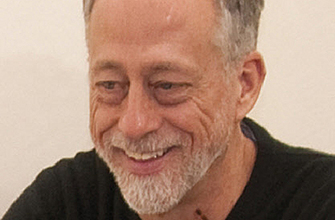What I’m going to try and do in this series of posts is follow my phonology module at Cardiff. As such, these posts are essentially my notes on the topic, and may not always come across too clearly. First, I thought it would be useful to give a quick definition of both phonology and phonetics, before moving on to discuss the anatomical organisation of our vocal organs.
Phonetics and Phonology
To begin, phonetics, often referred to as the science of speech sound, is concerned with the physical production, acoustic transmission and perception of human speech sounds (see: phone). One key element of phonetics is the use of transcription to provide a one-to-one mapping between phones and written symbols (something I’ll come back to in a later post). In contrast, phonology focuses on the systematic use of sound in language to encode meaning. So, whereas phonetics is specifically concerned with human speech sounds, phonology, despite having a grounding in phonetics, links in with other levels of language through abstract sound systems and gestures. SIL provides a useful little diagram showing where phonetics and phonology lie in relation to other linguistic disciplines:


